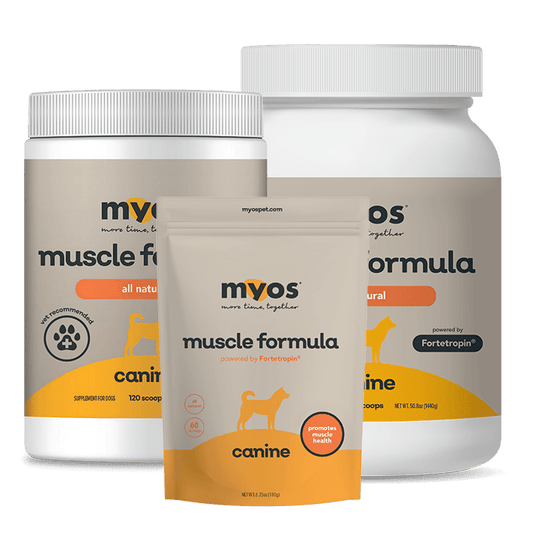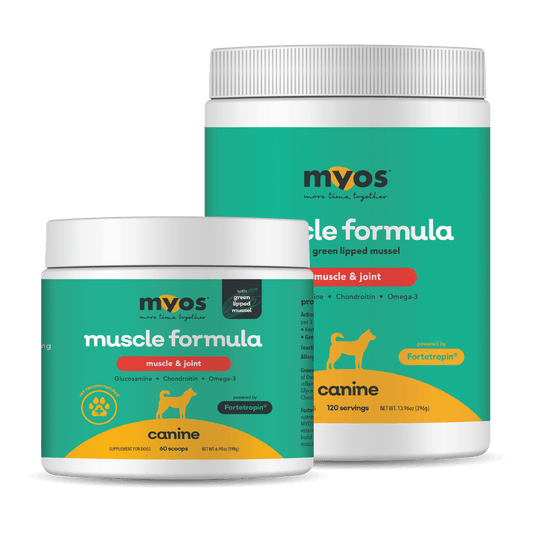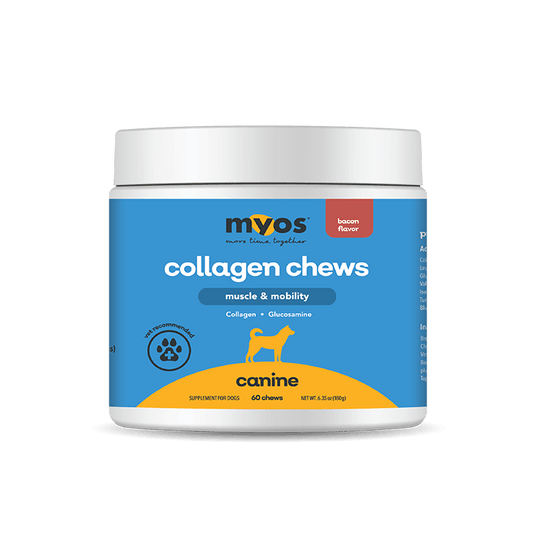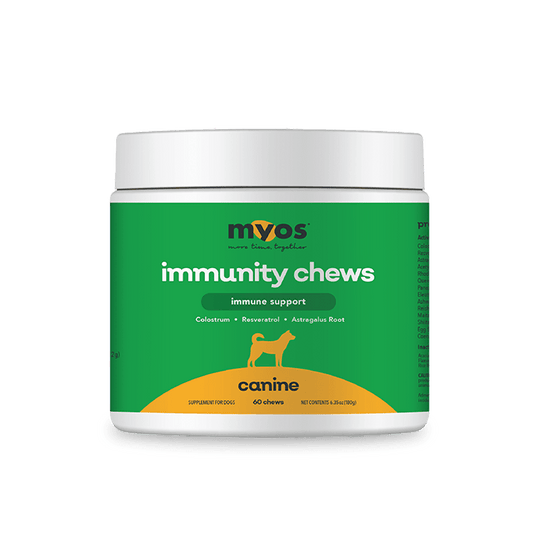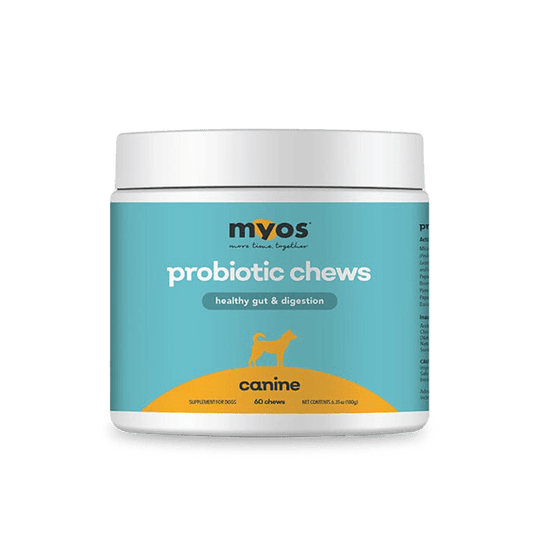When dogs undergo surgery, nutritional support is very important for them during their recovery phase. It is well documented in the veterinary literature that nutritional support can reduce the recovery time associated with a particular surgical procedure and it can also help improve the outcome.
Providing an animal that is recovering from surgery with optimal nutrients will help ensure proper functioning of the gastrointestinal and immune systems. If an animal does not have enough food available, it adapts to the situation by adjusting its rate of metabolism accordingly.
After an animal exhausts its glycogen stores, it will draw upon fat reserves and eventually protein will break down in order to meet energy demands.
Fortetropin® and Tibial Plateau Leveling Osteotomy (TPLO) Surgery
One of the most exciting research studies that is currently underway relating to Fortetropin® involves examining the impact of Fortetropin® on recovery after tibial-plateau leveling osteotomy (TPLO) surgery that is performed on a dog’s limb in order to repair the cranial cruciate ligament (CCL); the CCL is very similar to the anterior cruciate ligament (ACL) in humans.
The CCL connects the back of the femur (bone above the knee) with the back of the tibia (bone below the knee). Because it is initially very difficult for dogs to move the limb that has been operated on, it is common for dogs to lose muscle mass on the affected limb as the old adage, “use it or lose it” certainly applies in the case of muscle mass. At the College of Veterinary Medicine at Kansas State University, we are performing a clinical study involving 100 dogs. 50 dogs will receive Fortetropin® for 8 weeks following their TPLO surgical procedure while the remaining 50 dogs will receive a placebo (cheese powder) during the 8 week recovery period following surgery.
Both cheese powder and egg yolk have a similar macronutrient profile (fat, protein and carbohydrate composition) so designing the study in this manner will enable the Principal Investigator at Kansas State to observe whether Fortetropin® has a positive impact on the growth and development of muscle tissue that is beyond the impact exerted by cheese powder.
At the conclusion of the 8-week recovery period, the Principal Investigator will compare changes in muscle mass on the limb that underwent surgery relative to baseline.
Cachexia and Sarcopenia
Cachexia is a form of severe muscle loss that animals sometimes experience, associated with a serious chronic disease such as cancer, congestive heart failure or chronic kidney disease. Sarcopenia is a form of gradual muscle loss that occurs as part of the aging process.
Both conditions contribute to reduced quality of life and increase the odds of mortality. Muscle plays a vital role in many functions such as energy metabolism, movement, balance along with supporting bone health as there is extensive crosstalk between muscle and bone.
Currently, we have not evaluated Fortetropin® in animal studies related to sarcopenia and cachexia. Depending on the outcome of the study that we have underway involving Fortetropin® and recovery following TPLO surgery, we may pursue such studies in the future.

